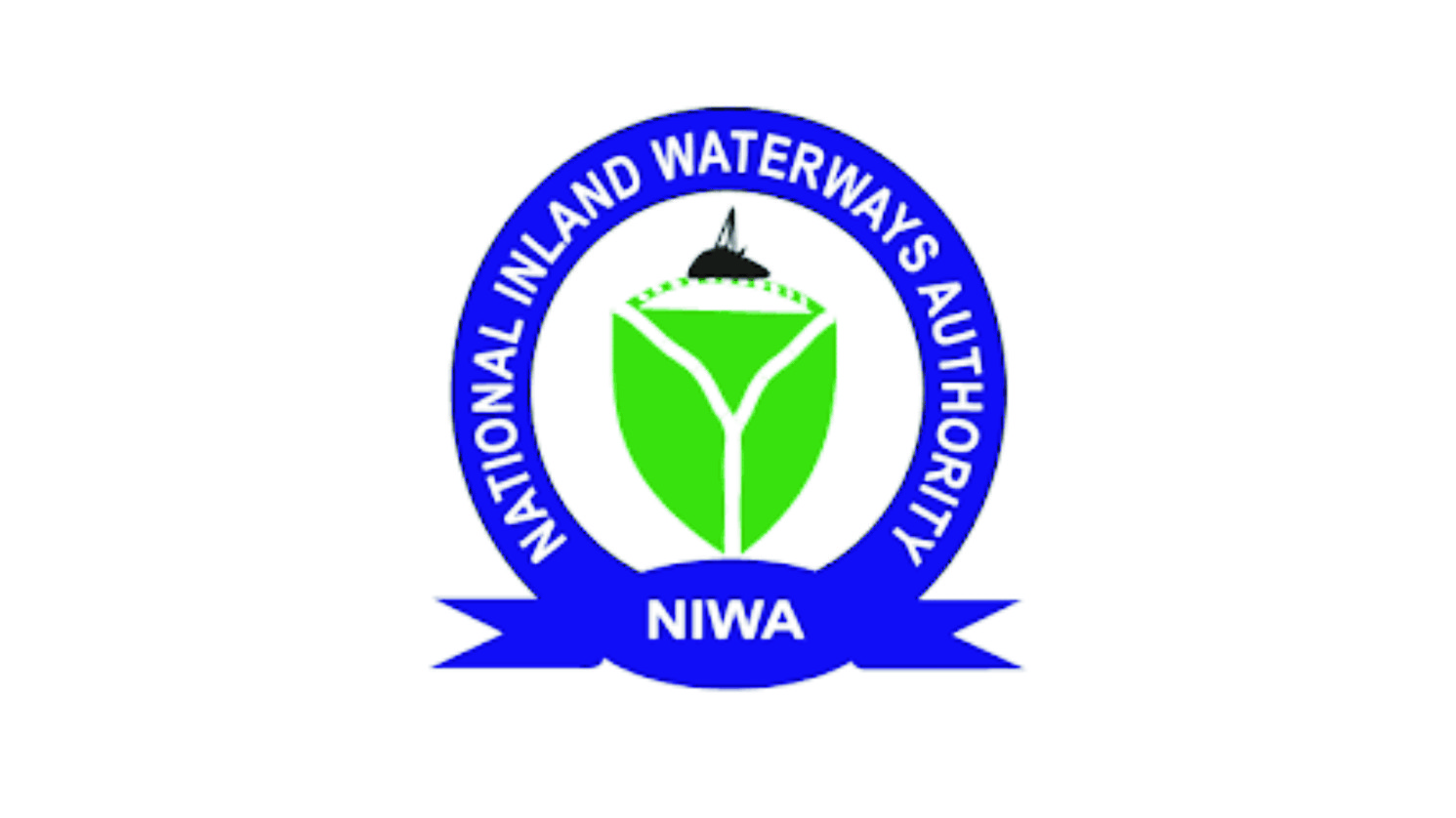Business
Poor Electricity Raises Production Cost By 40%
Cost of production for manufactured goods in Nigeria has risen by 40 per cent, due to poor state of electricity in the country.
This is according to a new report and research survey, carried out by Nanyang Technology University’s Centre for African Studies.
The 150-page report titled “Back to Growth: Priority Agenda for the Economic Revival of Nigeria”, was presented by the author and Director of the Centre, Amit Jain, recently in Lagos.
According to the report, the manufacturing sector has much higher productivity than agriculture and can absorb a larger proportion of the workforce.
It said a top-line analysis of the business environment in Nigeria showed that the country lacked many of the factors required to attract investment in the manufacturing sector.
For manufacturing to be competitive, the report said economic activity should, at least begin with, not deviate too far from, the country’s comparative advantage.
The report read in part, “Lack of electricity adds 40 per cent to the cost of everything in Nigeria. That hurts manufacturing the most. Firms suffer from an acute shortage of power supplies.
“Electricity blackouts, together with transport bottlenecks, crime, and corruption, are among the key impediments to firm growth. Outages and voltage fluctuations are commonplace.
“This damages machinery and equipment. Consequently, most firms rely on self-supply of electricity through the use of generators, which increases the cost of production and erodes competitiveness”.
Since guaranteeing uninterrupted power supply across the country is likely to be difficult, the report recommended that the government should consider developing industrial clusters.
According to the report, the main benefit of clustering firms is that it allows for infrastructural provision to be prioritised to give firms a competitive edge while offering access to raw materials, skilled labour, technology, and materials.
It read further, “The clusters should ideally be located within zones that are well connected with roads, power lines, and telecommunications.
“Although Nigeria has scored some success with informal clusters, such as the computer village in Otigba, Lagos; the auto and industrial spare parts fabricators in Nnewi; the leather tannery in Kano; and the footwear, leatherworks, and garment cluster in Aba, very few are working to their full potential.
“Lack of coordination between the federal and state governments and patchy implementation of industrial policy has meant that the infrastructure required to attract manufacturing investment is inadequate”.
Business
NIMASA Commits To Creating Enabling Environment For Maritime Business

Business
FG Inaugurates Special Committee Against Boat Accident

Business
LASG Arrests Illegal Dredgers … Issues Stop Work Order
-
Rivers19 hours ago
Group Predicts Garden City Status Return For Rivers … Lauds Fubara Over New RIWAMA Boss’ Appointment
-
Sports14 hours ago
Rivers Hoopers Admit Tough BAL Draw
-

 Nation3 days ago
Nation3 days agoOgoni Dialogue Committee Assures Tai Communities
-
Business19 hours ago
Firm converts 15,000 Vehicles To Run On CNG
-
Politics11 hours ago
Lagos Assembly Crisis: Rhodes-Vivour Calls For End To “Troubling Pattern”
-

 News19 hours ago
News19 hours agoTinubu Appoints Ogunjimi Accountant-General
-
News16 hours ago
Akpoti-Uduaghan’s Harassment Claim Sign Of Weakness – Ita Giwa
-
Rivers19 hours ago
Fubara Approves Building Admin Block, Hostels, Others For IAUE

